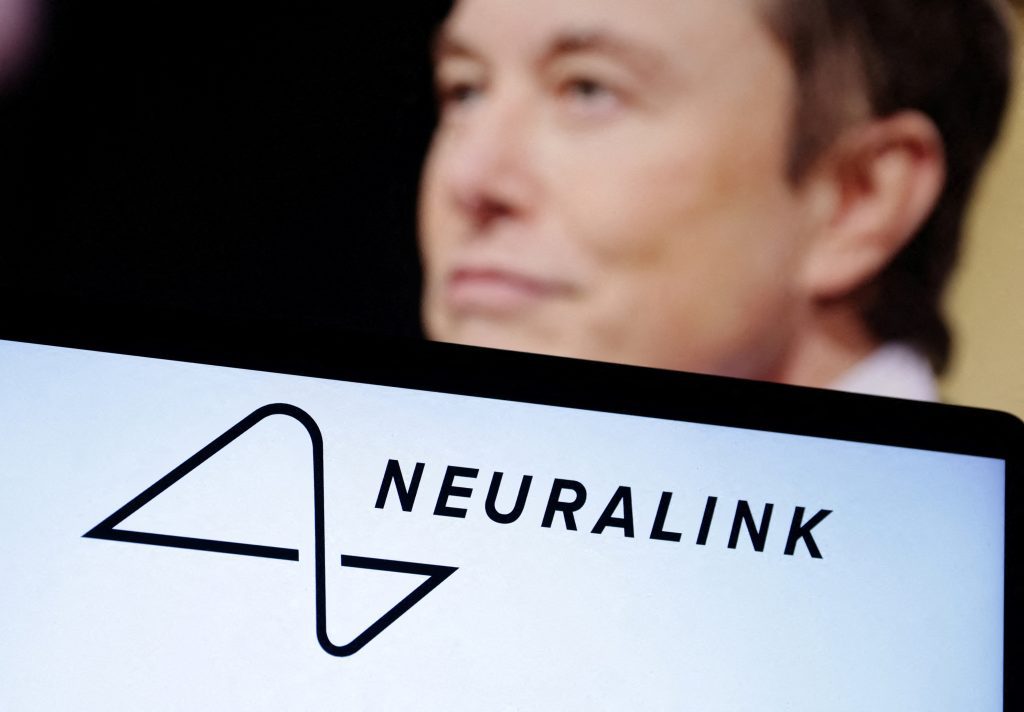
WASHINGTON – Elon Musk’s brain-implant company Neuralink was fined for violating U.S. Department of Transportation (DOT) rules regarding the movement of hazardous materials, according to records from the federal agency reviewed by Reuters.
During inspections of the company’s facilities in Texas and California in February 2023, DOT investigators found the company had failed to register itself as a transporter of hazardous material, the agency’s records show.
They also found improper packaging of hazardous waste, including the flammable liquid Xylene. Xylene can cause headaches, dizziness, confusion, loss of muscle coordination and even death, according to the U.S. Centers for Disease Control and Prevention.
DOT fined the company a total of $2,480, an amount lower than what was initially assessed because the company agreed to fix the problems, the records show.
A spokesperson with Pipeline and Hazardous Materials Safety Administration, the DOT agency that investigated Neuralink, confirmed the violations and fine, and said the inquiry is now closed.
Neuralink did not respond to questions.
Reuters reviewed the records detailing the violations from the Physicians Committee of Responsible Medicine (PCRM), an advocacy group that opposes the use of animals in medical research. PCRM obtained the documents through an open records request.
The records do not say why Neuralink would need to transport hazardous materials or whether any harm resulted from the violations.
Neuralink received U.S. Food and Drug Administration clearance last year for its first trial to test the company’s implant in humans, a critical milestone for the startup. Reuters reported in June that the company was valued as high as $5 billion, based on private stock trades.
Neuralink announced in September that the trial will evaluate the safety of its implant for enabling people with paralysis to control external devices with their thoughts.
During the study, a robot developed by the company will surgically place the implants’ “ultra-fine” threads that help transmit signals in participants’ brains, the company said.
The DOT inquiry was launched last year after Reuters reported that Neuralink employees made internal complaints about animal experiments being rushed, causing needless suffering and deaths.
“Neuralink’s violations once again reveal the company’s sloppy, unsafe practices,” said Ryan Merkley, PCRM’s director of research advocacy.
PCRM had written to DOT last year to say that the brain-implant company in 2019 may have transported brain implants used in its monkey experiments without proper containment measures. The implants may have been contaminated with antibiotic-resistant staphylococcus and herpes B virus, the group said.
DOT found no evidence that Neuralink had shipped anything containing an infectious substance, the new records reviewed by Reuters said.
Inside Telecom provides you with an extensive list of content covering all aspects of the tech industry. Keep an eye on our News sections to stay informed and up-to-date with our daily articles.